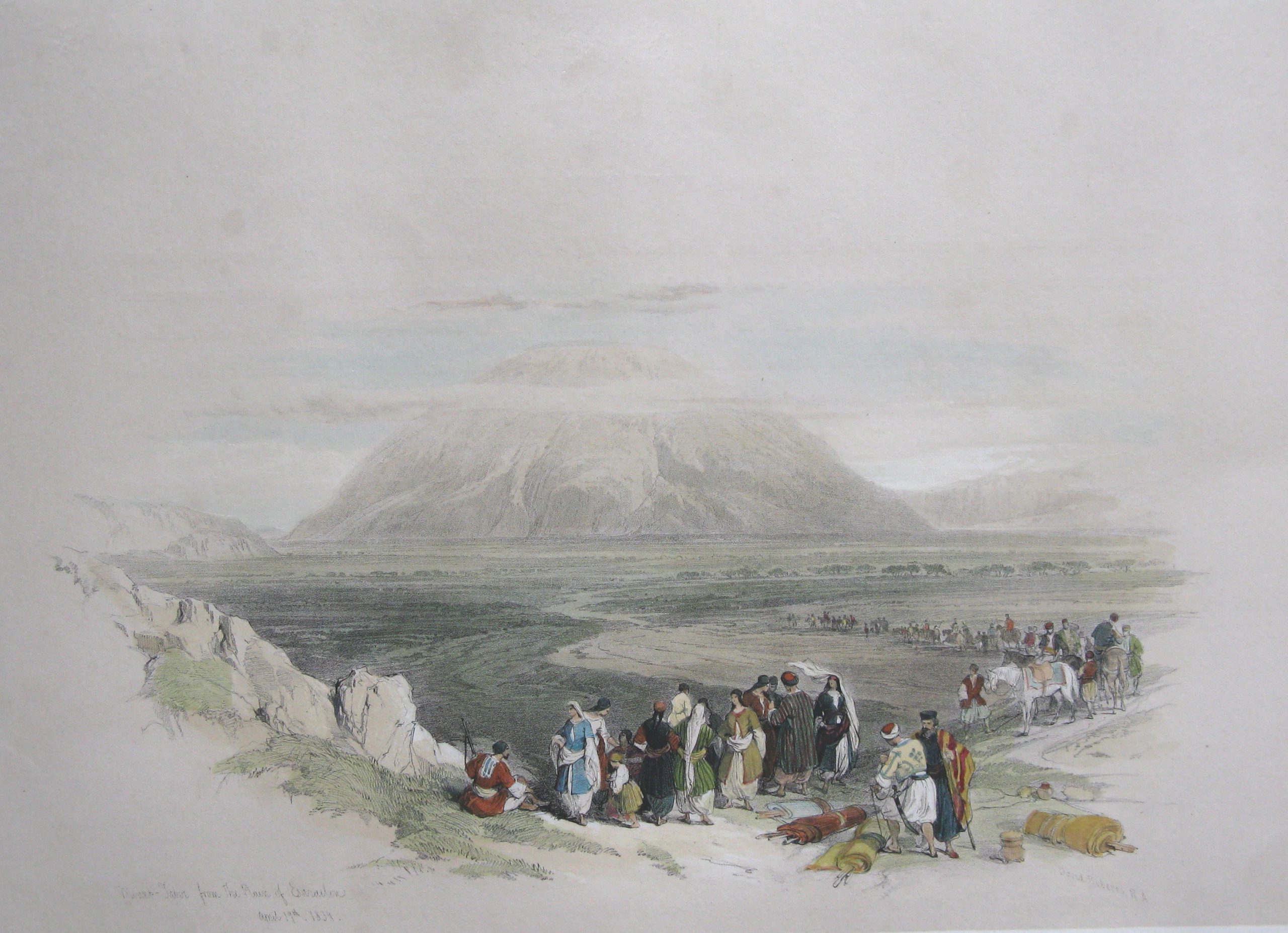
The Australian actor Simon Baker has spent a good portion of his career in Hollywood, in amiable lead roles on television and mostly amiable second leads in film. He often sports a slightly unruly mop of sandy hair, which helps put across the aforementioned amiability. The now 54-year-old performer has very short-cropped hair in “Limbo,” the new Australian film written, directed, shot, edited and more by Ivan Sen, and he is not shy about letting Sen’s camera, recording in exceptionally sharp black and white, pick up every crease and wrinkle on his tanned face. His acting here, understated, enigmatic, mindfully physical, is of a different order than I’ve ever seen it. And it grounds this terse, unsettling mystery that’s inextricable from the shame of not only the title town in which the story is set, but all of Australia itself.
Baker plays Travis Hurley, a detective assigned to look into a twenty-year-old case in the desolate South Australian not-quite-town of Limbo. This outpost in the outback is strewn with private opal mines (a milieu also explored in the excellent 2017 “Strange Colours,” a film sponsored by the Biennale College) but it’s not exactly a boom town. One operator we meet is the indigenous Charlie Hayes, who seems to have taken up mining as a way to exile himself from his family. Another is Joseph, a wheezing old white man whose former partner, Leon, fancied young Black girls and threw parties for the locals as a way to attract them to his, well, cave.
These figures all remember Charlotte, who disappeared in the town. She was Charlie’s younger sister. Another sibling, Emma, works at a desolate little café and raises a couple of Charlie’s kids. Hurley’s arrival in the town in inauspicious. He motors in listening to motivational tapes that use Old Testament lore as a jumping off point. Referencing the visions of Joseph, the narrator warns “It is important to remember that not all dreams are necessarily from God.” Shortly after Hurley checks in to the Limbo Motel, whose rooms are built out of rock, he makes himself a nice relaxing dose of heroin to shoot up. Sufficiently chilled, he stashes his gun under his mattress and gets out his vintage cassette player and listens to interrogations two decades old.
Once he’s out in the field, such as it is, people aren’t eager to help. Charlie tells him to f*ck off at first. But on a subsequent meeting, several bottles of Eastern Grey Bitter—in Limbo, even the beer names are dismal—loosen him up. Eventually he lets Travis in on his bitterness. White girl disappears, he says, and it gets on the TV. The helicopters turn up. Black girl goes missing, it’s swept under the rug.
Travis doesn’t hold out much hope for these people. He’s just there to see if there’s enough evidence about to warrant a re-opening of the case. If that happens, he won’t even be among the officers to investigate it. But the place, and its people, assert themselves sufficiently on Travis that he develops a stronger conscience. He can only filter the sadness of this place through the sadness of his own life, which he reveals late in the picture to Emma’s errant son. But it’s enough to make him want to act, even as he’s getting shut down by his department.
As Charlie, Rob Collins has the potent negative energy of an individual who can only act against his interests, without being particularly aware of what those interests might even be in the first place. Natasha Wanganeen plays Emma with a simmering indignation. The film foregoes conventional thrills the better to steep the viewer in an atmosphere whose otherworldly appearance doesn’t mitigate the very earthbound injustices committed within it. “Limbo” is entirely engrossing as it brings its discomfiting points home.




